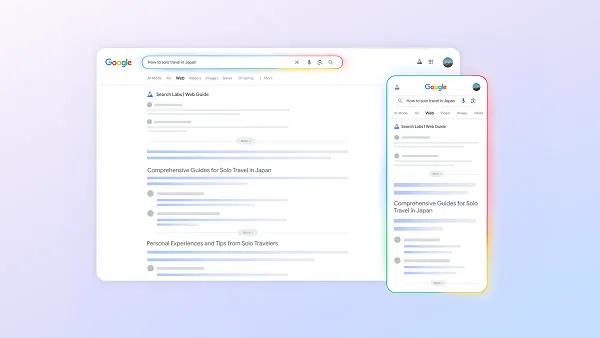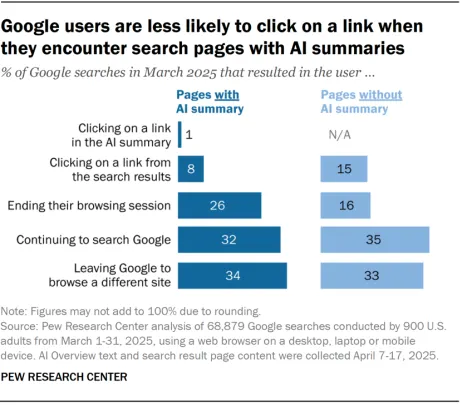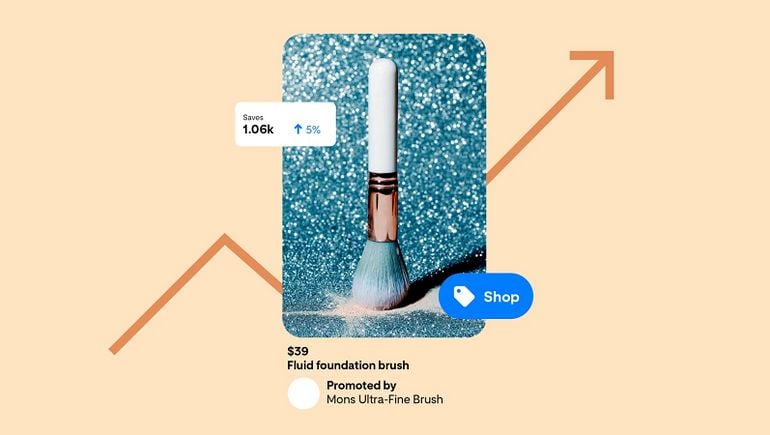As its AI previews continue to eat away at referral traffic, Google’s trying out another AI-based experiment in Search, this time with AI-organized SERPs, which will separate different angles of your query into separate elements on the page.

As you can see in this example, Google’s “Web Guide” groups will display smaller sub-collections of links based on different aspects of your query, with the idea being that this will make it easier to get a more comprehensive overview of related questions without having to enter more search terms.
As explained by Google:
“Web Guide groups web links in helpful ways — like pages related to specific aspects of your query. Under the hood, Web Guide uses a custom version of Gemini to better understand both a search query and content on the web, creating more powerful search capabilities that better surface web pages you may not have previously discovered.”
So it’s trying to answer all of your likely queries in one, which could be helpful for certain searches and explorations.
Because Google would know that, in a lot of cases, certain queries lead to other topics, which is how it powers its predictive search tools that highlight related terms in the search bar. This attempts to take that a step further, and showcase all of these expanded answers on the initial search page.
Is that what people want? I kind of think users will prefer to discover each element for themselves, and learn as they go, but maybe having all of these different angles immediately displayed will resonate with how people are looking to find more information.
Though as noted, it could also be another element that eats into web search.
Earlier this week, Pew Research published a new report which underlines the impacts of AI previews in Search, with users who are shown an AI summary being significantly less likely to click through on an external link.

Having the information directly presented in the SERP cuts the likelihood of referral traffic by half, which is having a big impact on many websites, particularly those that’ve built their pages around specific search queries.
Expanding this to more answers, and more elements of a query, seems like it can only continue to chew into this element, and keep cutting referral traffic, and the potential for expanded search, based on such interest.
So it’s probably not a great thing for SEO-focused web managers and content creators, nor for those who’ve sought to focus on long-tail keyword matches with their pages.
But it does seem like an inevitable evolution, which is going to change web behavior.
Google says that its new Web Guide search queries are now available to those who’ve opted into Search Labs.














